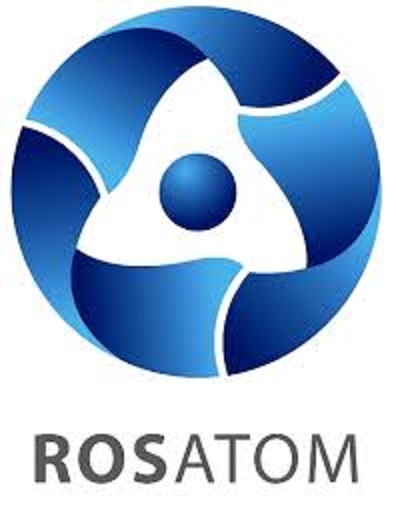Part Two of Three Parts (Please read Part One first)
Until the announced cut-off of financing from the Russian government, Rosatom had almost limitless financial support for their international nuclear sales deals. This gave Russia a distinct advantage in pursuing international markets for its reactors. There were no other nuclear reactors export countries whose taxpayers would fully finance almost the entire cost of a new nuclear reactor for another country. In recent years, this financial support has been instrumental in Russia signing nuclear construction contracts with Finland, Hungary, and Belarus.
Rosatom has been seeking deals in Europe for the sale and construction of nuclear power reactors. Russia is promoting the VVER-1200 reactor for an official price of about five and a half billion dollars. However, as is often the case in the nuclear industry, the actual price of a Russian reactors based on the Hanhikivi NPP deal in Finland suggests that the price per Russian reactor will be more likely be around eight billion dollars.
The deal with Hungary had Russia providing a loan of about nine billion dollars to cover eighty percent of the cost of two new Russian VVER-1200 to replace a pair of old Russian VVER-440 reactors at the Paks Nuclear Power Plant. However, the European Commission has been blocking the project from completion because the contract calls for Russia to have exclusive rights to refuel the reactors. European Union rules call for multiple suppliers to be able to bid on fuel supply contracts for EU members. There are no other VVER-1200 reactors operating anywhere in the world and Russia owns exclusive rights to the technology for manufacturing the fuel assemblies. Either Russia would have to abandon the project or share its proprietary fuel assembly technology with other nuclear fuel vendors. There is a proposal that Russia be granted exclusive fueling rights for ten years and that other fuel vendors be allowed to bid on refueling after that. However, there are legal challenges to the original contract because there was no open bidding process for fuel supply before the deal was signed.
Russia's attempt to sell new reactors to Belarus was foiled after a deal had been struck by a change of government in 2011. A new team of independent investigators hired by the new government went over the details of the propose Russian reactor sale and concluded that the new nuclear power plant would cost a great deal more than the estimated cost in contract that had been signed.
So far, the Russian attempt to penetrate the EU nuclear power reactor market has failed despite enormous Russian investment in that project. At this point, the only Russia reactors in the EU are old reactors left over from the era of the Soviet Union.
Russia had also signed deals with the old government of Ukraine for new nuclear power reactors but, with the annexation of the Crimea and Western sanctions, contracts to complete the construction of Units 3 and 4 at the Khmelnitsky Nuclear Power Plant in Ukraine were put on indefinite hold.
(See Part Three)
